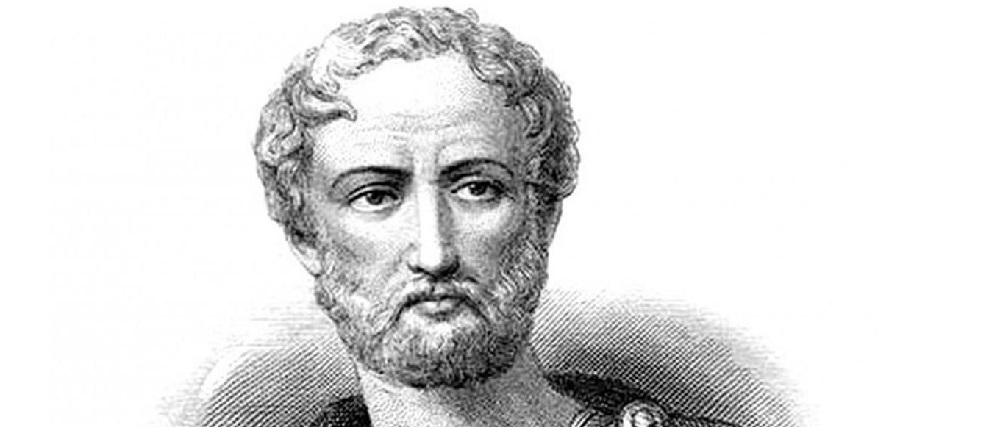Pliny the Elder
Posted on 26th December 2020
Born Gaius Plinius Secundus in 23AD, Pliny the Elder became a lawyer and author as well as a natural philosopher.
At twenty-three years old he began a military career. It was during his time in the military that he met the future emperor Vespasian, a friendship that lasted throughout his life.
Pliny the Elder never married or had children; he did however adopt his nephew Pliny the Younger.
His most notable philosophic work was ‘Historia Naturalis’, an encyclopaedia that survives to this day and is thought to have been one of the longest works completed in Roman times. Over the years many encyclopaedias have been modelled on this work.
‘Historia Naturalis’ is divided into 37 books in 10 volumes and covers the study of the following topics:
Astronomy (space including moon, sun, stars and planets)
Meteorology (atmosphere including weather)
Geography (earth’s landscapes, people and population)
Ethnography (people and their cultures and customs)
Anthropology (human’s past and present)
Human Physiology (functions of the human body)
Zoology (behaviour, structure, evolution and habits of animals)
Botany (plants including growth, structure and disease)
Pharmacology (medicines and drugs)
Minerology (minerals)
Agriculture (science of farming, including crops and animals)
Horticulture (plants, fruits and vegetables)
Metallurgy (properties of metals)
Mining (extracting minerals from the ground)
Art History (painting and sculptures)
Pliny dedicated this work to Titus, the son of his good friend emperor Vespasian, during the year of Titus’ birth.
Pliny the Elder died during the eruption of Mount Vesuvius in 79AD. He suffered from asthma and died on the beach at Stabiae from breathing difficulties caused by smoke from the eruption..
Tagged as: Junior Ancient Rome
Share this post:





